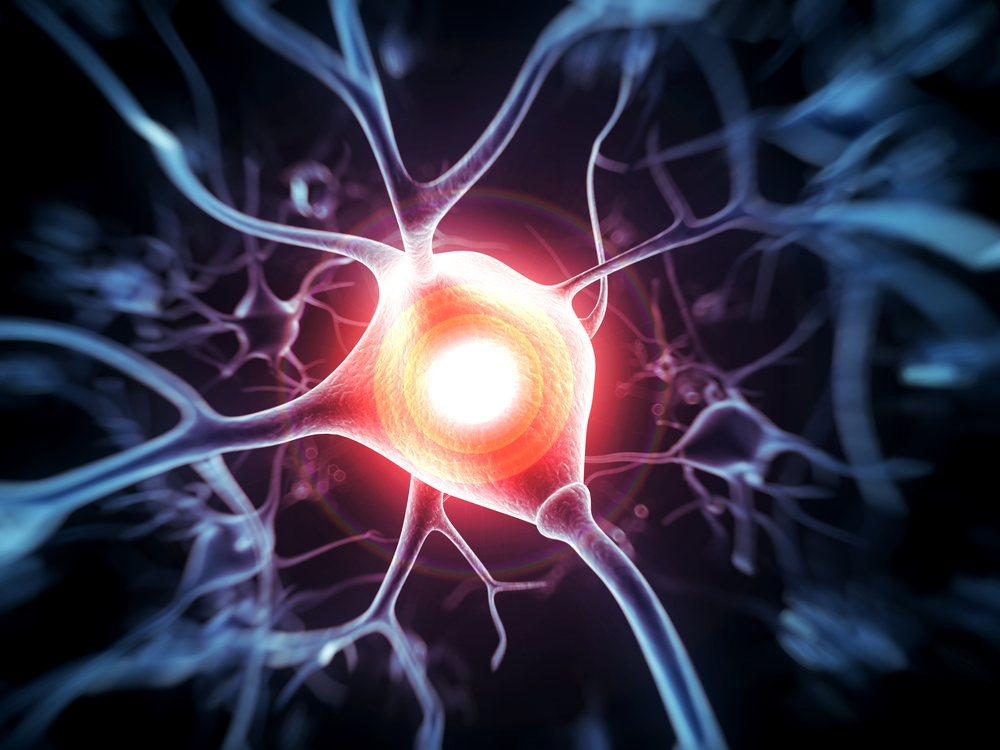Karyopharm Therapeutics Announces Advance of Neuroprotective SINE(TM) Compounds for Amyotrophic Lateral Sclerosis

Karyopharm Therapeutics Inc., a clinical-stage pharmaceutical company focused on the discovery and development of novel first-in-class drugs for the treatment of cancer and other major diseases, recently announced the evaluation of its SINE nuclear transport compound KPT-350 as a treatment for Amyotrophic Lateral Sclerosis (ALS). Results from preclinical studies will be presented during upcoming neuroscience conferences.
In a recent study published in Nature, the nuclear transport was found to disrupt a mutation present in patients with ALS. Results from the study showed that C9orf72, the most usual cause of familial and sporadic Frontotemporal Degeneration and ALS, caused complications with the traffic of nuclear proteins, further distressing neural function and survival. This mutation led the affected cells to generate long strands of repeating RNA, consequently blocking crucial pathways for nuclear protein transport.
The researchers used a fruit fly model of human ALS in their first set of experiments to select for candidates able to block brain cell death in a living organism and were able to identify a specific protein named RanGAP (regulator of nucleocytoplasmic transport), that was found to be a neurodegeneration suppressor. Coherent with the interaction of RanGAP with XPO1 (exportin 1), results also revealed that suppression of nuclear proteins’ export is able to suppress neurodegeneration. The researchers further validated these findings in human stem cells originated from autopsied brains.
The team then used fly and human stem cells and observed that adding antisense oligonucleotides that target C9orf72 or small molecule inhibitors of XPO1 such as one of Karyopharm’s SINE drug agents, was able to restore the localization of nuclear proteins. With this strategy, the team was able to suppress neurodegeneration.
These results further support the hypothesis that defects in nucleocytoplasmic transport might be a pathway for ALS that could be amenable with pharmacotherapeutics. Thomas E. Lloyd, MD, Ph.D. of Johns Hopkins University will present these results on October 19, 2015 during the Society for Neuroscience (SfN) meeting taking place in Chicago.
“This valuable research reinforces that modulation of nucleocytoplasmic transport presents a potential therapeutic strategy for neurodegenerative diseases such as ALS,” said in a recent news release Sharon Shacham, PhD, President and Chief Scientific Officer of Karyopharm. “More broadly, this work extends earlier findings in multiple sclerosis, traumatic brain injury, and auto-inflammatory disorders, further validating the vast therapeutic applicability of Karyopharm’s SINE™ compounds across a broad spectrum of diseases.”
On September 26, 2015 from 9:35am to 11:35am, Sami Barmada, MD, Ph.D. from the University of Michigan will be presenting an abstract entitled “Selective inhibition of nuclear export in amyotrophic lateral sclerosis and frontotemporal dementia” during the upcoming American Neurological Association (ANA) Meeting taking place in Chicago.
On October 18, 2015 from 4:00pm to 5:00pm, Hilary Archbold, also from the University of Michigan, will be presenting an abstract entitled “The role of nuclear export in TDP-43-mediated neurodegeneration” during the Society for Neuroscience (SfN) meeting taking place in Chicago.
The ALS Therapy Alliance and the ALS Association are financially funding Karyopharm’s SINE compound clinical development.






